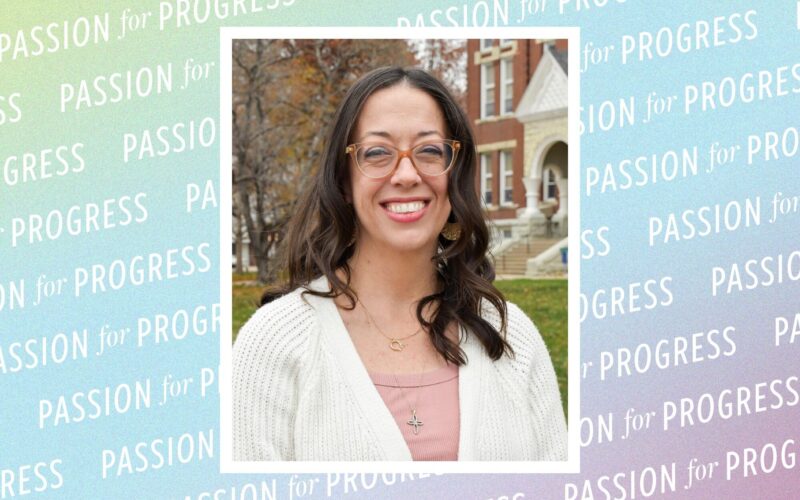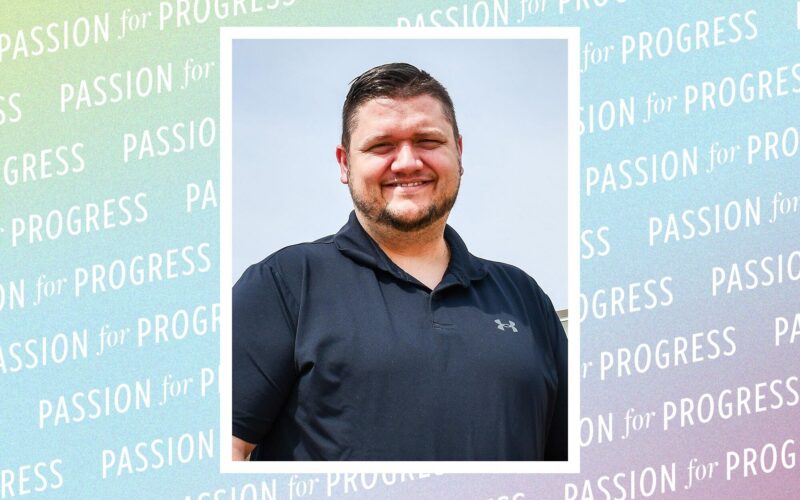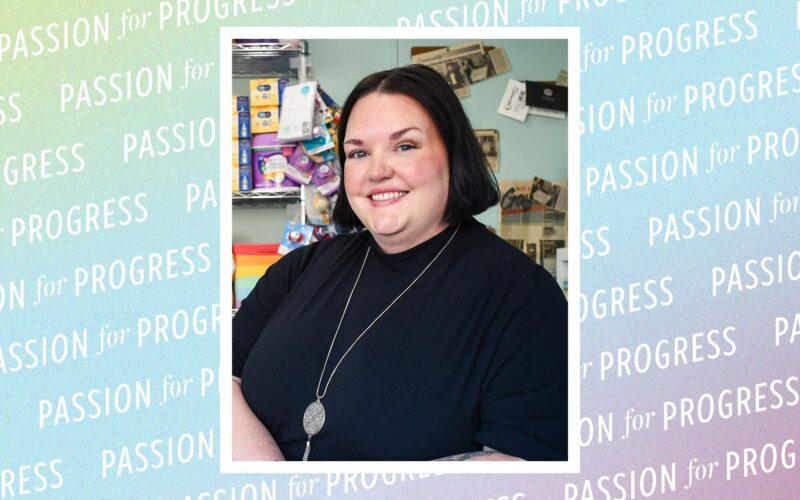By Brian Fogle, President & CEO
Overcome ‘essentialism’ to build stronger communities
I have mentioned David Brooks, author and columnist for The New York Times, as a favorite before. He is thoughtful, always has interesting insights and brings more of a sociological view of our world. In the Oct. 7 edition of the Times, I was especially drawn to his column headline: Here’s the Mind-Set That’s Tearing Us Apart.
We see it everywhere, don’t we? It’s exhausting in media, around dinner tables, and even with friends just how angry the world seems right now. I was stopping for gas a few weeks ago on my way back into town from a meeting in our region, when a customer lost her temper when the clerk asked her if her credit card had a chip. That elicited a tirade on how evil chips are, how they are in vaccines, and how 200,000 had died from the vaccine in California alone. The inside of the store was speechless and relieved when she left — only to return with flyers she handed out to each of us that, among other things, stated we had “surrendered our human status” if we got the vaccine. It’s everywhere, isn’t it?
Brooks explains:
“The world is complicated, and our minds have limited capacity, so we create categories to help us make sense of things. We divide, say, the social world into types — hipster, evangelical, nerd, white or Black — and associate traits or characteristics with each … These judgments involve simplifications and generalizations. But we couldn’t make sense of the blizzard of sensory data each day if we couldn’t put things, situations, and people into some form of conceptual boxes … It becomes a serious problem when people begin to believe that these mental constructs reflect underlying realities. This is called ‘essentialism.’”
This one hit home with me. It reminded me of my own face-off with essentialism about 25 years ago. I was involved in a local initiative in Springfield called “The Values Project.” The goal was to ask our community what were the values we wanted to pass along to our progeny. It was a noble, if not naïve, initiative that went sideways quickly. We had thousands of suggestions and inputs from the community, thanks to a very cooperative outreach and spirit from local media.
The first few agreed-upon values were clear: Honesty, kindness, and maybe even work ethic was in there somewhere. Many suggested values that were related, but not definitive, such as “live and let live,” “welcoming to all,” etc. Our data folks lumped them under the broad term of “tolerance” … none of us realizing in the mid-’90s, that was a code word to many. The fuse was lit.
I worked at a local bank at the time, and spent several days answering angry calls, and having people drop by unannounced, asking why and how I could be involved in something that would attack our “traditional values.” One visitor suggested I was part of a vast conspiracy involving the Trilateral Commission and was being used as a pawn.
One older gentleman came in and was very, very upset with me. He was lecturing me on how harmful I was being to our community, and how tolerance was a synonym for sin, and how I was going to Hell. I had reached my own tolerance level, and was standing up to ask that he leave when he stopped, slumped in his chair, and tears welled in his eyes.
“My son died from AIDS,” he spoke through his anguish. This man went from an unreasonable bigot in my eyes, to a broken, despondent father. I sat next to him and did my best to comfort him. Essentialism.
Brooks goes on to share some antidotes to essentialism. One is acknowledging that all our stereotypes are wrong and hurtful to some degree. It also requires “social courage” to cross group lines to have conversations. “In conversation,” he writes, “people are not objects, but ongoing narrators of their own lives, navigating between their multiple identities, steering through certainties and doubts, and refining their categories through contact with others.”
Amen to that.
Brian Fogle is the President and CEO of the Community Foundation of the Ozarks.


